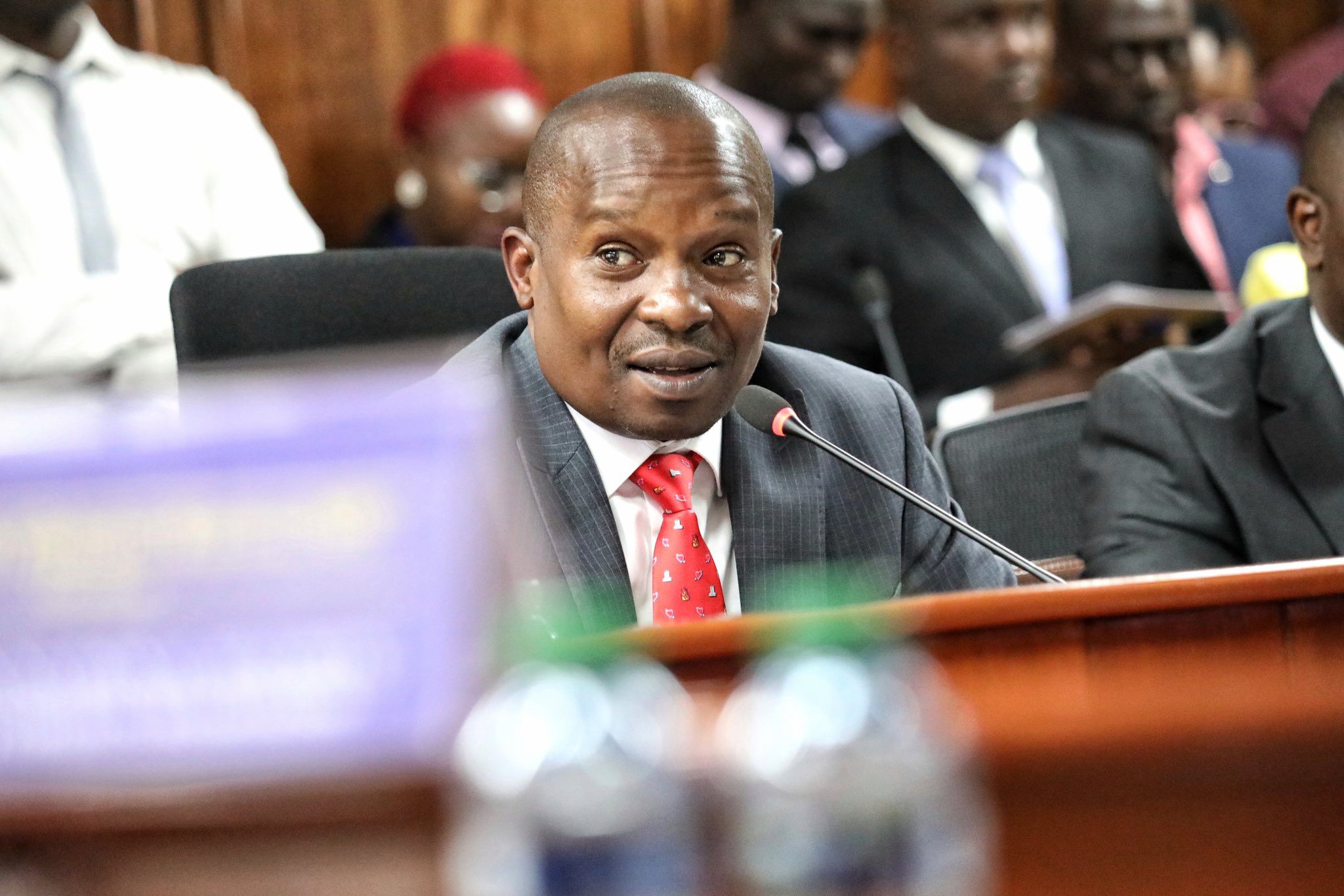The Coronavirus pandemic has brought with it vast financial constraints for Kenyans and companies. To this end, the Central Bank of Kenya made a decision to make interbank, as well as bank to mobile money transfers free. At the same time, the CBK made all mobile money transfers under KES 1000 free.
The first directive was announced in March, and run for three months; the second one started in June and will go all the way to December.
However, the development appears to have rubbed Safaricom the wrong way.
According to Business Daily and other sources, Safaricom petitioned the CBK to cap free transfers to the same number to under five. This would have meant that a person could only send up to KES 5000 for free (assuming the transfers are split five times at KES 1000 each), and subsequent transfers needed to attract charges.
The CBK has since said no to the bid, so customers can enjoy the service for the next six months.
Split transfers
According to the operators, some customers who have a lot of time in their hands are splitting transfers up to 60 times for a single transaction that could have netted the carrier KES 105.
Many other customers are doing the same thing, albeit in small values.
This, according to Safaricom, is an abuse of the directive that was supposed to shield Kenyans from the pangs of the pandemic.
Safaricom further says that it is losing KES 1.8 billion per month in M-PESA service revenues. If the trend is replicated for the rest of the year, then the carriers will see a significant dent made on its mobile money earnings, which, alongside voice, contribute to Safaricom’s lion’s share of its profits.
It is not clear if Safaricom will reach out to the CBK again for an appeal. The CBK, on the other hand, supports its decision as an emergency measure and is not in the business of engaging the public and other stakeholders about its directives.


















